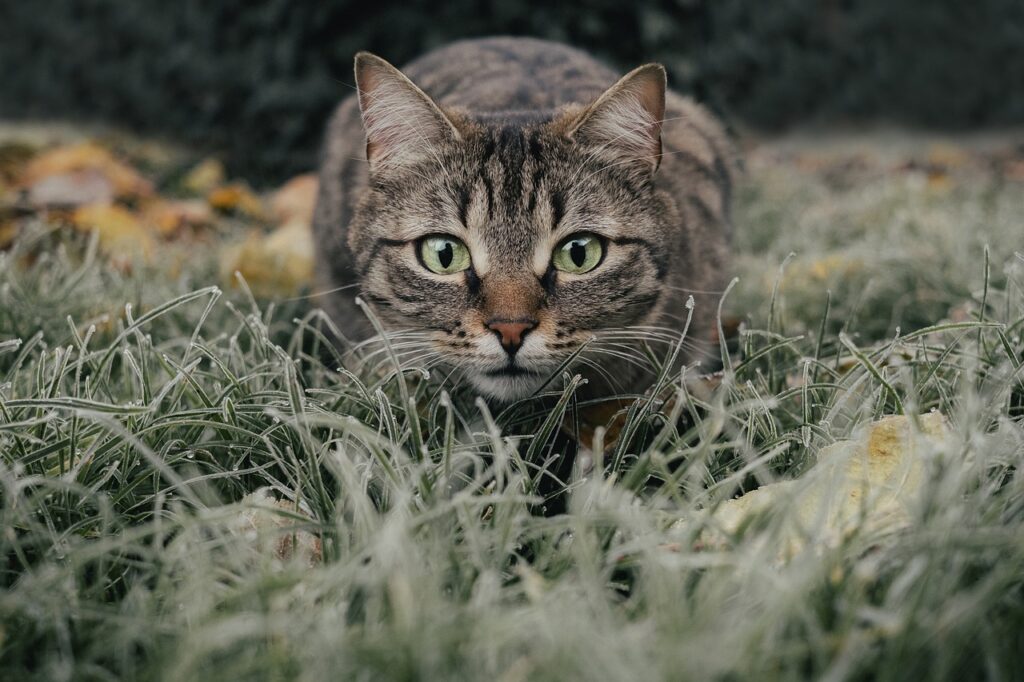Can Cats Eat Baked Beans? – No, They Can’t
Cats may show a curious sniff around your plate of baked beans, but these popular human snacks are a no-go for your furry friends. Baked beans contain ingredients that are not suitable for a cat’s dietary needs. From the sugary sauce to the abundance of added spices, these elements can lead to digestive issues and health complications for cats.
Is It Safe for Kittens to Consume Baked Beans?
Just like adult cats, it’s a firm no when it comes to kittens and baked beans. Their digestive systems are even more sensitive as they are still developing. Introducing baked beans to a kitten’s diet can not only upset their stomach but can also hamper their growth with nutritionally inappropriate food.
Risks Associated with Feeding Baked Beans to Kittens
Feeding kittens baked beans raises concerns beyond just an upset tummy. The high sodium content can affect their kidneys leading to dehydration and electrolyte imbalances. Moreover, the preservatives and additives in baked beans are not meant for the delicate constitution of a kitten, potentially causing long-term health issues.
Why Baked Beans are Not Recommended for Cats
Unsuitable Ingredients
One of the primary reasons that cats should steer clear of baked beans is the presence of ingredients that are harmful to cats. Onions and garlic, often used for flavoring, are toxic to our whiskered companions. They can cause gastrointestinal irritation and could potentially lead to anemia, even if ingested in small quantities.
High Sugar and Sodium Content
The sweet and savory taste of baked beans we enjoy comes from added sugars and high levels of sodium. In cats, such components can lead to obesity, diabetes, and high blood pressure. Additionally, the high salt intake can promote water retention and urinary tract problems in cats.
Indigestible Substances
The spices and seasonings used in baked beans are formulated for human palates and digestive systems, not for cats. Spices can cause cats significant digestive distress, potentially leading to vomiting or diarrhea. Moreover, the sauce base, often rich in sugars and tomatoes, can be harsh on a cat’s tummy.
Known Health Issues in Cats from Consuming Baked Beans
If a cat consumes baked beans, they may display signs of food poisoning due to toxic ingredients like onion or garlic. Symptoms could include weakness, diarrhea, vomiting, and a reduced appetite. The high sugar content might also trigger signs of diabetes in predisposed cats, such as increased thirst and urination.
What to Do If a Cat Has Consumed Baked Beans?
- Immediate Dietary Adjustment: Remove the baked beans from reach and offer clean water to help clear out their system.
- Monitor for Symptoms: Watch out for any unusual behaviors or signs of gastrointestinal distress, and note any changes.
- Contact a Veterinarian: If symptoms develop or your cat’s condition doesn’t improve, seek professional medical advice promptly.
Safe Alternatives to Baked Beans for Cats
When considering treats for your feline, opt for cat-friendly alternatives. Options like small amounts of cooked lean meats, certain fish, or commercially available cat treats that are specifically formulated for their dietary needs are much safer and will be just as appreciated by your cat.
Conclusion
While sharing your meal with a pet can be a bonding experience, baked beans are simply not safe for cats. Prioritize their health and well-being by offering proper, cat-approved treats and food. Remember, a healthy cat is a happy cat, and steering clear of potentially harmful foods like baked beans is a step in the right direction.



